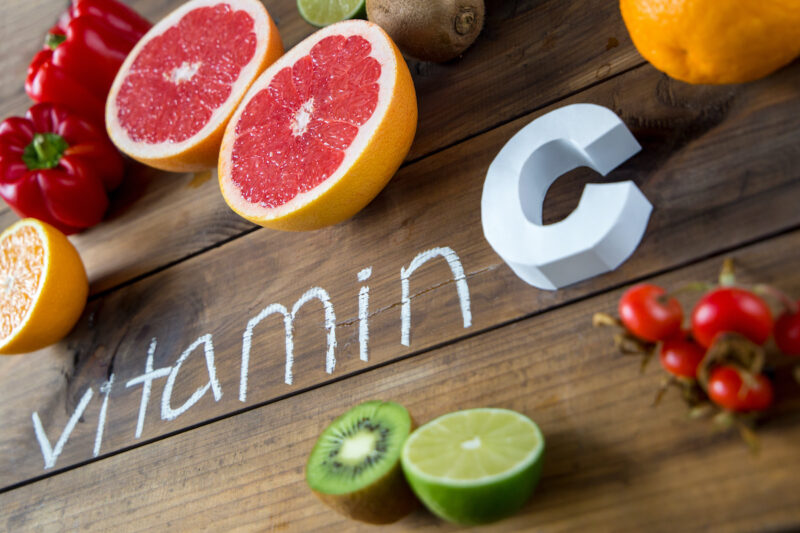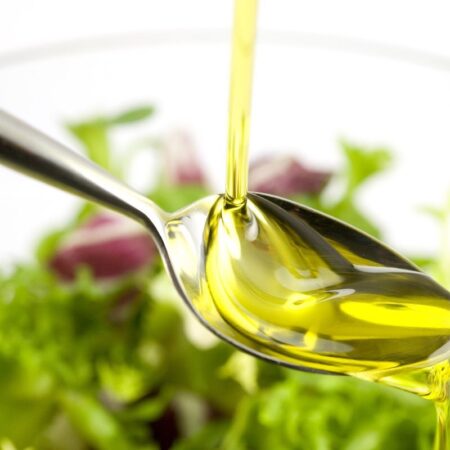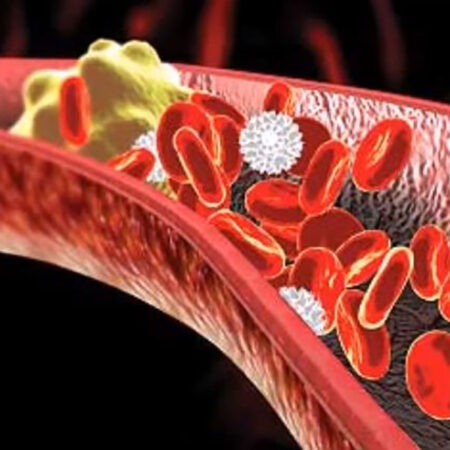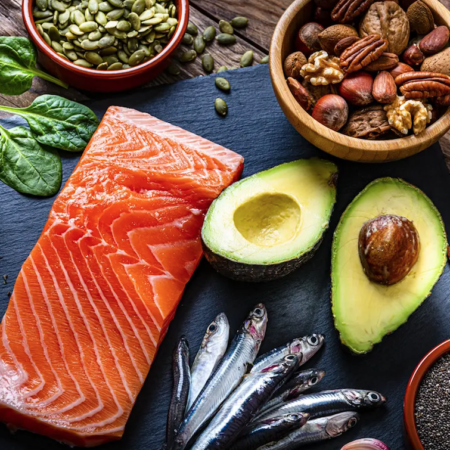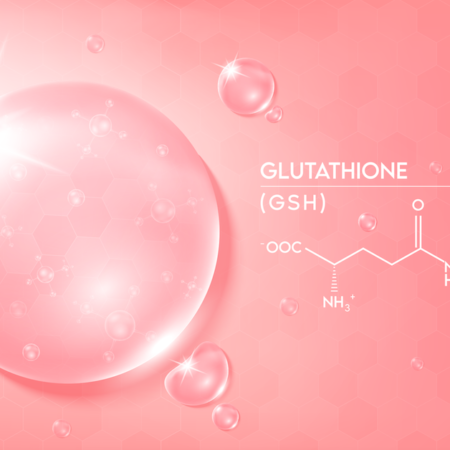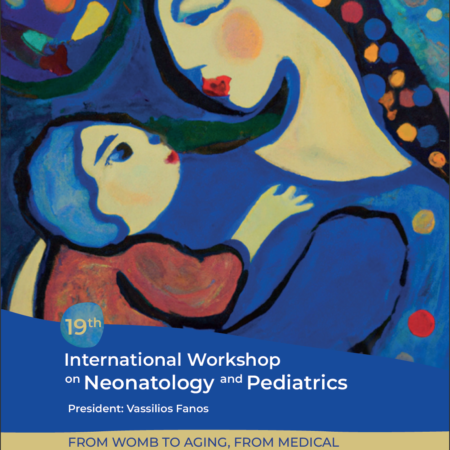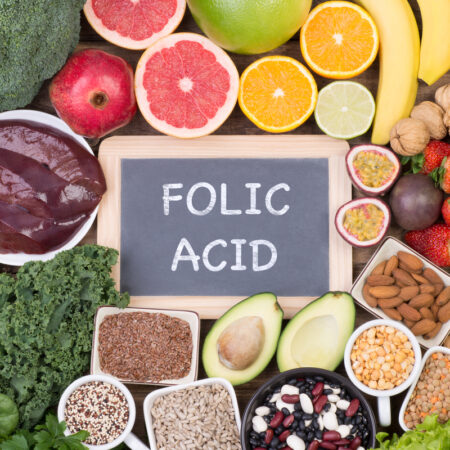It strengthens our immune system, protects us from aging, ensures greater elasticity to blood vessels and supports the health of teeth and gums: the importance of vitamin C
Those who have never heard of the anti-inflammatory properties of vitamin C, raise your hand, because there must be very few of you. The formidable virtues of this substance widely present in nature have been known for some time, and there is no child or adult who has not heard:
“Eat lots of oranges, which contain vitamin C and help prevent the flu!”.
There is some truth, of course, in this sage advice. It is true that citrus fruits are excellent sources of vitamin C – L ascorbic acid, this is its chemical name – but they are not the only ones. And it is certainly true that this very special vitamin is considered the most powerful natural antioxidant and anti-inflammatory that exists, excellent for stimulating somewhat “dull” immune defenses.
Vitamin C is therefore a substance of food origin, water-soluble (it dissolves in water) which our body is not able to synthesize on its own, but which can only be obtained from food. Soon we will see which foods are richest in it.
What is L-ascorbic acid used for, and why is it considered the number one enemy of free radicals?
To answer, let’s briefly remember what free radicals are, which we also mentioned in the paragraph dedicated to CoQ10 and NAC. These are waste products of cellular metabolism, i.e. unstable chemical compounds which in part – especially while we are young and healthy – are skillfully reabsorbed and neutralized by the body, but if in excess, as happens as we age, we get ill, we take drugs or we get intoxicated with smoke and alcoholic drinks, they multiply in the blood and tissues, they “attach” to healthy cells to survive and in a vampiric way they damage them and decree their early death. Several studies have found that too many circulating free radicals can play a role in increasing the risk of cardiovascular disease, cancer and neurodegenerative diseases.
So let’s go back to vitamin C and see what good it does for us:
- It helps us in the healing processes (for example from infectious diseases such as colds and flu). It doesn’t prevent them, but it reduces their virulence and helps us overcome them quickly.
- Strengthens the immune system in all its defense functions from external and internal threats.
- Promotes the absorption of non-heme iron at the intestinal level. To be clear, we are talking about the iron contained in plant foods, which is more “difficult” for our body to assimilate than that present in animal food sources.
- Protects organs such as the skin and eyes from aging and degeneration. Therefore we could say that it helps to counteract the formation of wrinkles and blemishes, and to maintain good vision. Furthermore, it assists in the process of healing wounds and renewing the epidermis after various types of trauma.
- It ensures elasticity and robustness to the blood vessels and preserves their functionality, thus especially supporting microcirculation and peripheral circulation.
- Keeps teeth and gums healthy.
The recommended daily dose of vitamin C for adults is between 80 and 100 mg, to be taken (easily) through a targeted diet. Foods that are naturally rich in L-ascorbic acid are mostly fresh fruits and vegetables including: citrus fruits, strawberries, blueberries, kiwis, peppers, raw tomatoes, cabbage, arugula, spices such as turmeric and red chili pepper.
Do you know why ascorbic acid is called that? Because it is an indispensable substance for preventing scurvy, a disease that has now almost disappeared, but which mainly affected sailors who, in the 18th century, sailed for months without ever being able to consume fresh, raw food.
A severe deficiency of vitamin C is in fact associated with weakness and fatigue, weight loss, musculoskeletal pain, bleeding gums and tooth loss, and decreased vision. Those who suffer from chronic fatigue often also hide a vitamin deficiency, including ascorbic acid and, as we will see, group B vitamins.
Vitamin C is a delicate molecule, which to be completely assimilated must be taken daily from raw or undercooked foods, because heat degrades and destroys ascorbic acid. In some cases, as a “preventive measure”, vitamin C can be integrated through supplements, easily obtainable in pharmacies or supermarkets. However, several studies have highlighted how the absorption of vitamin C from foods is more effective and superior than intake through supplements.
Be careful not to exceed the recommended doses of ascorbic acid. Quantities exceeding one gram daily can cause unwanted symptoms such as diarrhea and stomach ache, headache, redness of the skin, kidney stones.
It goes without saying that checking vitamin levels is a fundamental step to ensure we stay healthy and must be carried out on a regular basis.
Our advice for keeping your vitamin C levels under control and more
Among the most complete checks that can give us precise information on our availability of vitamins including those of Group C, there is the Metabolomic Profile of Organic Acids.
The test, which is performed on a simple urine sample, examines 66 urinary metabolites and offers a complete overview of nutritional values, highlighting vitamin and antioxidant deficiencies, detects the presence of bacterial and fungal toxins originating from the intestine, evaluates the efficiency of detoxification systems of the body and monitors the functionality of neurotransmitters. It is therefore a powerful tool to provide your doctor with a detailed overview of your state of health and allow him, where necessary, to adopt interventions aimed at restoring your balance.

